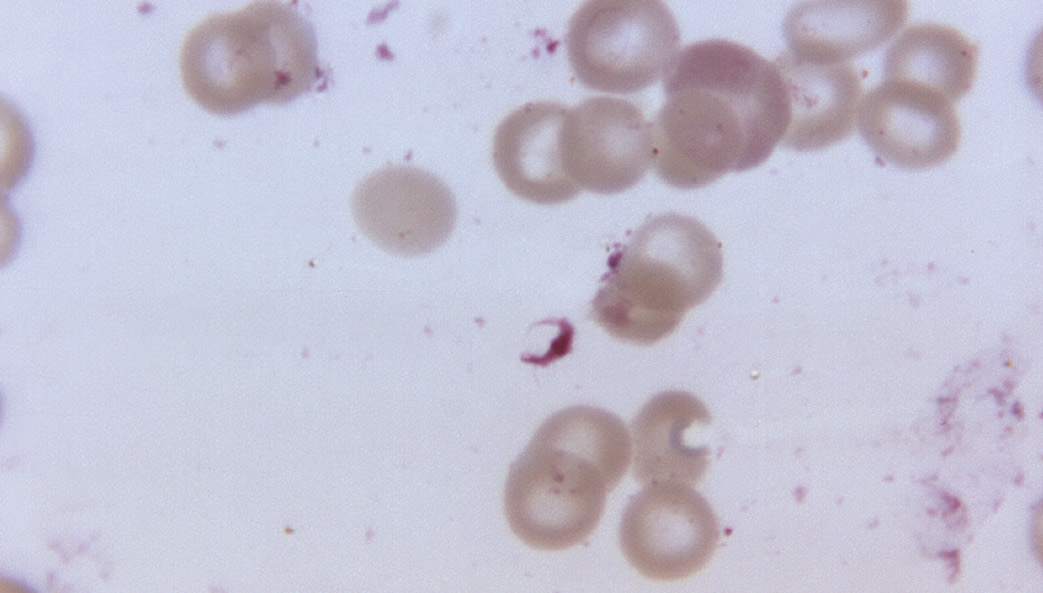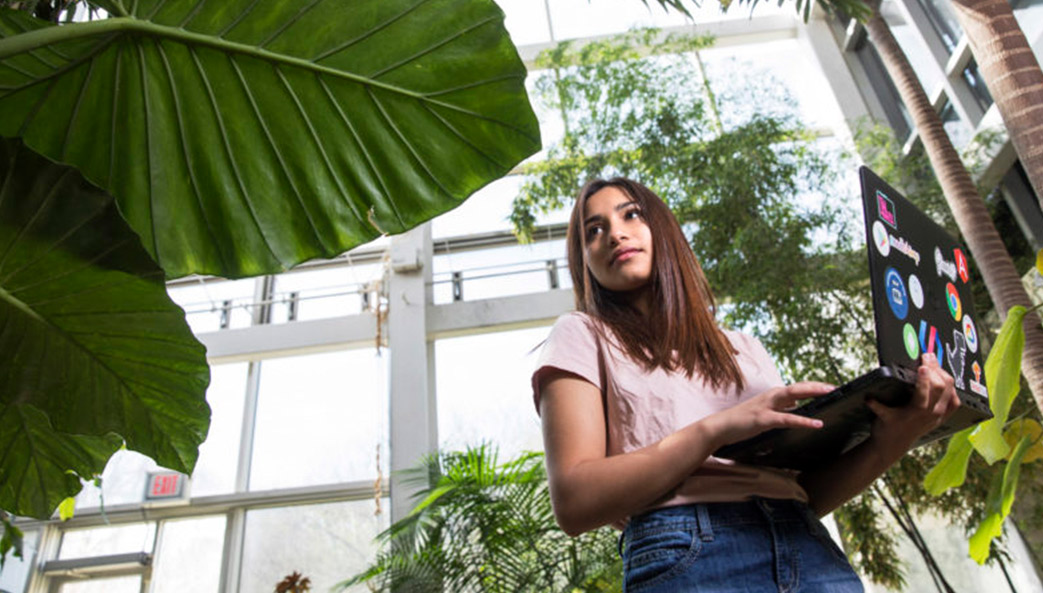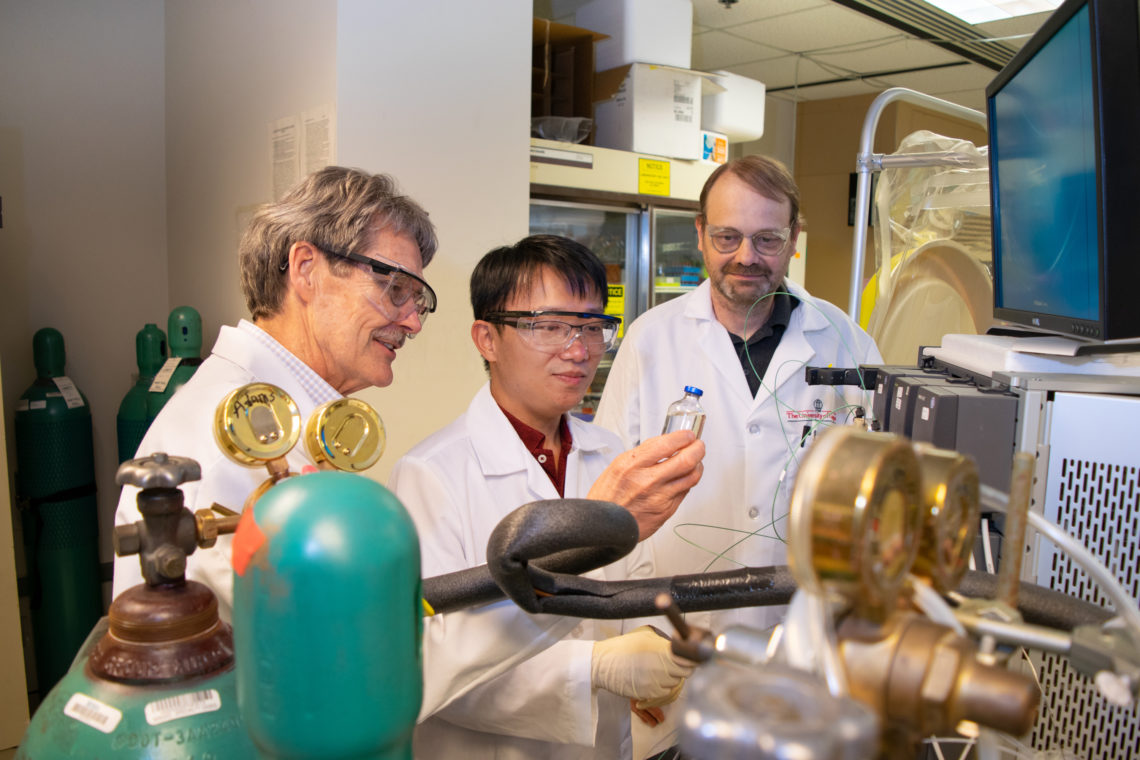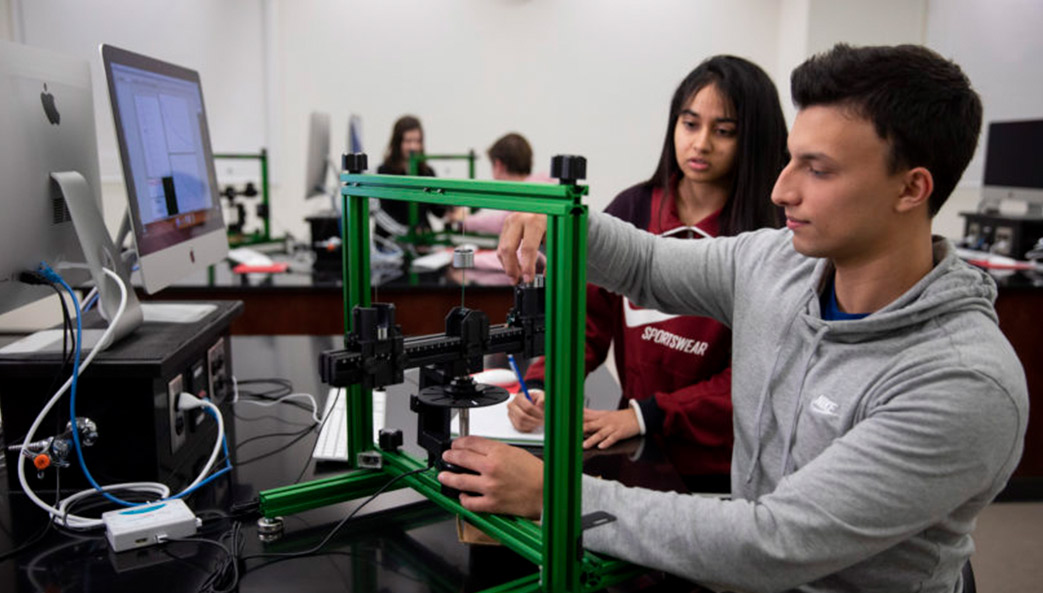 Dennis E. Kyle is the new director of the Center for Tropical and Emerging Global Diseases and the Georgia Research Alliance Eminent Scholar in Antiparasitic Drug Discovery. He discusses research into malaria and other diseases.
Dennis E. Kyle is the new director of the Center for Tropical and Emerging Global Diseases and the Georgia Research Alliance Eminent Scholar in Antiparasitic Drug Discovery. He discusses research into malaria and other diseases.
What do we mean by “tropical and emerging diseases”?
These are human and animal diseases mostly caused by eukaryotic parasites—either single-cell or multi-cellular worms. Most of these occur in the tropics. These diseases have been around for a long time, but they’ve not received the sort of attention that cancer and diabetes and Alzheimer’s have and so have been comparatively neglected. People have not had funds to work on new drugs or diagnostics or vaccines. We are probably the largest center in the U.S. that’s working in this area. All 25 of the investigators that lead groups in our center are focused on parasites that cause human and animal diseases.
If these diseases have been around a long time, why are they called “emerging”?
They are re-emerging due to global warming. Diseases that had been found mainly in the tropics are appearing more and more in temperate climate zones. Malaria was once endemic in the U.S. all the way up the East Coast. We got rid of it, but there are chances that this deadly disease could come back. The mosquito vectors are still here. Some of these diseases continue to emerge as new pathogens. Take, for example, the so-called brain-eating amoeba (Naegleria fowleri) that I work on. They’re found in warm water. We are seeing more people getting infected, and it’s 98 percent fatal.
Are we making progress in prevention or treatment?
We’re making advances in three areas at the center. Our center is leading efforts internationally to develop new ways to understand the biology of these parasites, from basic molecular biology to developing this knowledge into applied tools. That’s key in trying to decide how you attack it with a drug or a vaccine.
Another area is drug development, which is one of my specialties. Until recently, there was no way to test for the drugs that killed malaria parasites in the liver. The mosquito bites and injects the parasites into the body. Some of those parasites can remain dormant in the liver for months or years and then wake up and cause disease again. Now we have a new model to study these parasites, and we’re applying that to discover new drugs.
The third area is the vectors that transmit disease. Multiple partners at the center are trying to understand how the vectors can be manipulated—knowledge that can be used to reduce infection.
Why is malaria, the world’s leading deadly parasitic infection, so hard to defeat?
The parasite has the ability to change quite frequently, so it evolves to evade drugs developed to kill it. If you start using a new drug to treat this infection, the parasite can become resistant frighteningly fast—usually within a couple of years. It’s very difficult to overcome this resistance unless you have multiple new drugs that you can use together for treatment. We’ve made great progress in the past decade. Global deaths from malaria have fallen from about 2 million per year to around 500,000. But it’s going to take a lot of funds and effort and innovation to get rid of the last malaria parasite.
Does it concern you that the brain-eating amoeba creates bigger headlines than malaria, which affects millions more?
Not really. People have heard of malaria, and they probably can tell you that you get it from a mosquito bite. When people hear “brain-eating amoeba,” they probably have no idea how you get infected. The good news is that simple measures—don’t put your head under water or splash water up your nose, but do use a nose plug while you’re swimming in warm lakes—could protect people from this fatal infection. The disease is 99 percent preventable. Awareness is really important.
What do our changing world, increased globalization and climate change mean for the future of these diseases?
The tropics can come to you. These tropical diseases are a lot more intertwined with our daily lives than we really understand. We have to be aware of them. We’re working on diseases that mostly affect the poor in underdeveloped countries around the world but do have potential impact here in the U.S., especially in the Southeast, where many of these parasites already are lurking.






